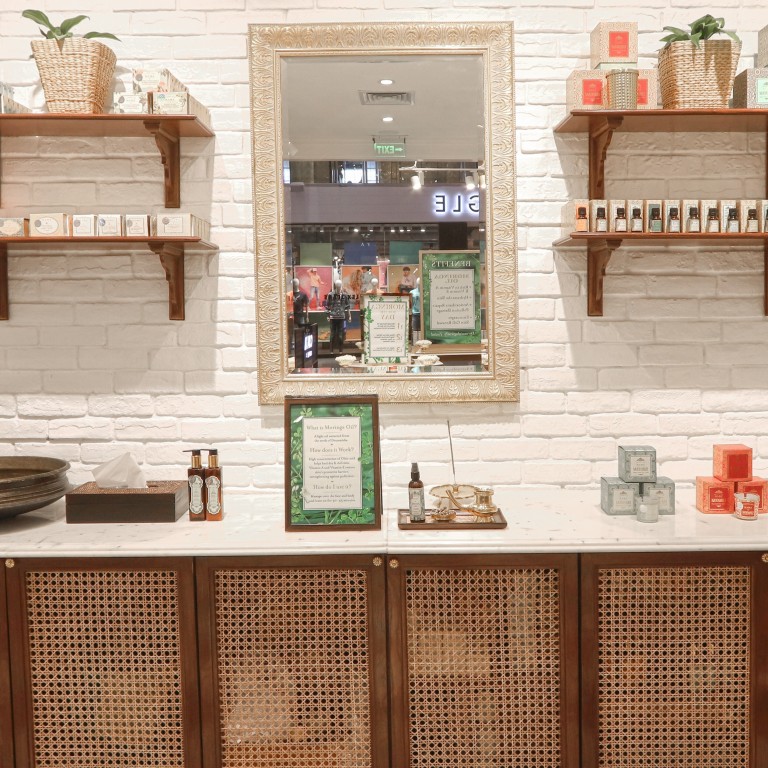
Coconut oil in your hair, turmeric on your face: Ayurveda isn’t just medicine or food – thanks to the Indian beauty market, make-up and skincare are Ayurvedic too
- One of the first home-grown Ayurveda beauty brands to make a name for itself was Lotus Herbals, which has a sun protection range based on Ayurvedic principles
- Kama Ayurveda, launched in 2002, offers pure, holistic treatments for skin, hair, body and wellness. Millennials are increasingly open to trying their products
In Ayurveda – the 5,000-year-old traditional Indian health science – beauty aids often come from the kitchen or the garden. For a long time, Indian women created their own cosmetic remedies, ranging from besan (flour made from ground chickpeas) and yogurt face packs to coconut oil for the hair.
“Shringar [make-up] was a basic in every Indian home. Beauty remedies (of both the upkeep and cosmetic kind) have been in vogue for centuries. All remedies have been home-made and natural for years,” says Harish Bijoor, a brand strategy specialist.
The Indian beauty market has experienced rapid growth in recent years. In 2017, it was valued at US$6.5 billion and it is expected to exceed US$20 billion by 2025, according to industry body Assocham. The market for Ayurvedic products is estimated to reach US$8 billion by 2022.
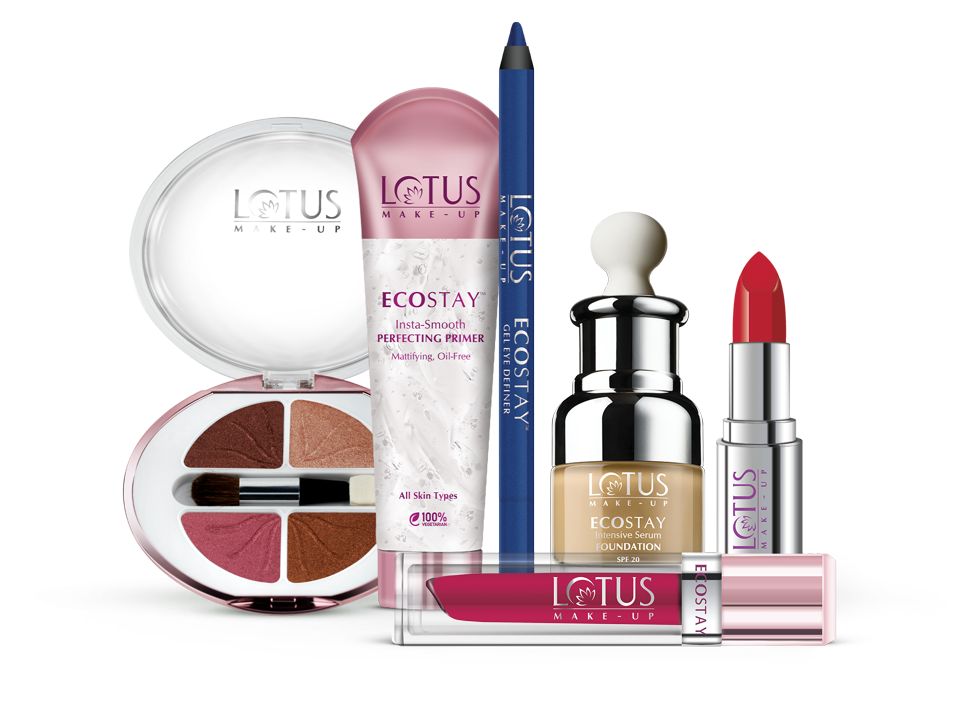
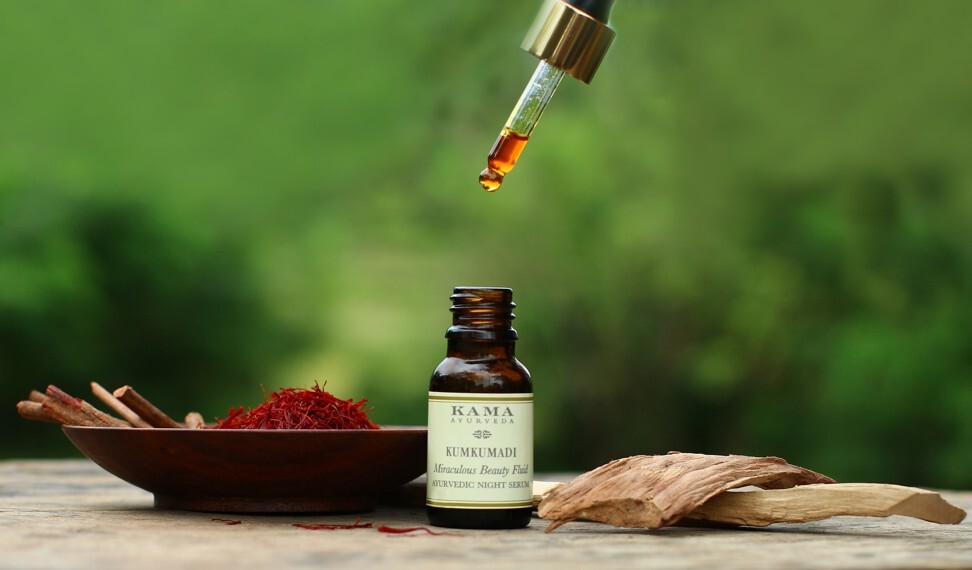
Food is their medicine: South Indian vegetarian dishes explained
“Bollywood has always had a huge influence on Indian women and perceptions of beauty,” Karen Alfonso, beauty editor of iDiva (an entertainment and fashion site for Indian women), says. Lakmé, which sells colour cosmetics and skincare products, is considered the first home-grown success. Established by the industrial powerhouse Tata in 1952 and now owned by British-Dutch consumer goods company Unilever, Lakmé remains a favourite among older Indian women. In recent years, it has also launched a premium range of cosmetics and uses celebrities in its advertising to appeal to a younger market.
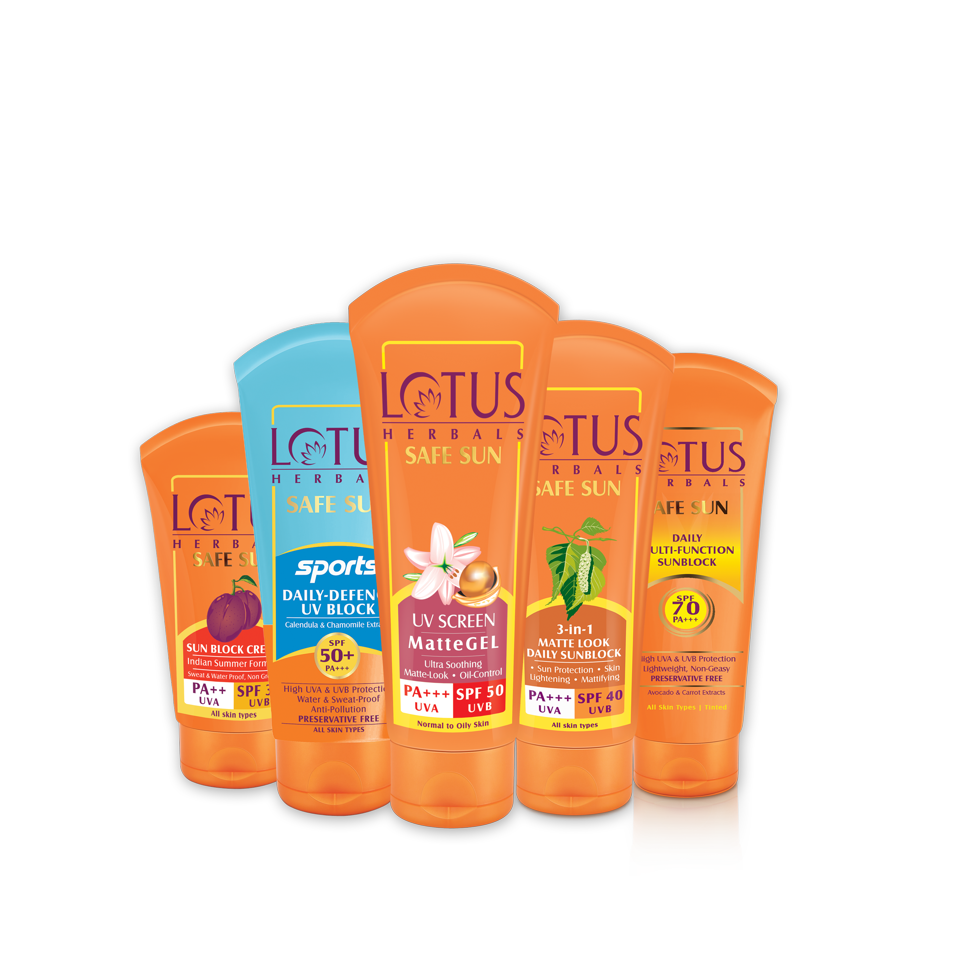
Vivek Sahni, co-founder and CEO of Kama Ayurveda, clearly thought the same, and launched his brand in 2002. Today, Kama Ayurveda has 56 stand-alone stores in India and a strong e-commerce presence. It offers pure, holistic treatments for skin, hair, body and wellness. All its ingredients are locally sourced, and its products are EU-certified and cruelty free.
One of the greatest home-grown successes is online beauty and wellness retailer Nykaa. Started by investment banker Falguni Nayar in 2012, Nykaa’s range includes more than 1,500 international and Indian brands. Its sales strategy uses digital advertising, but the company is also slowly opening offline stores across India.
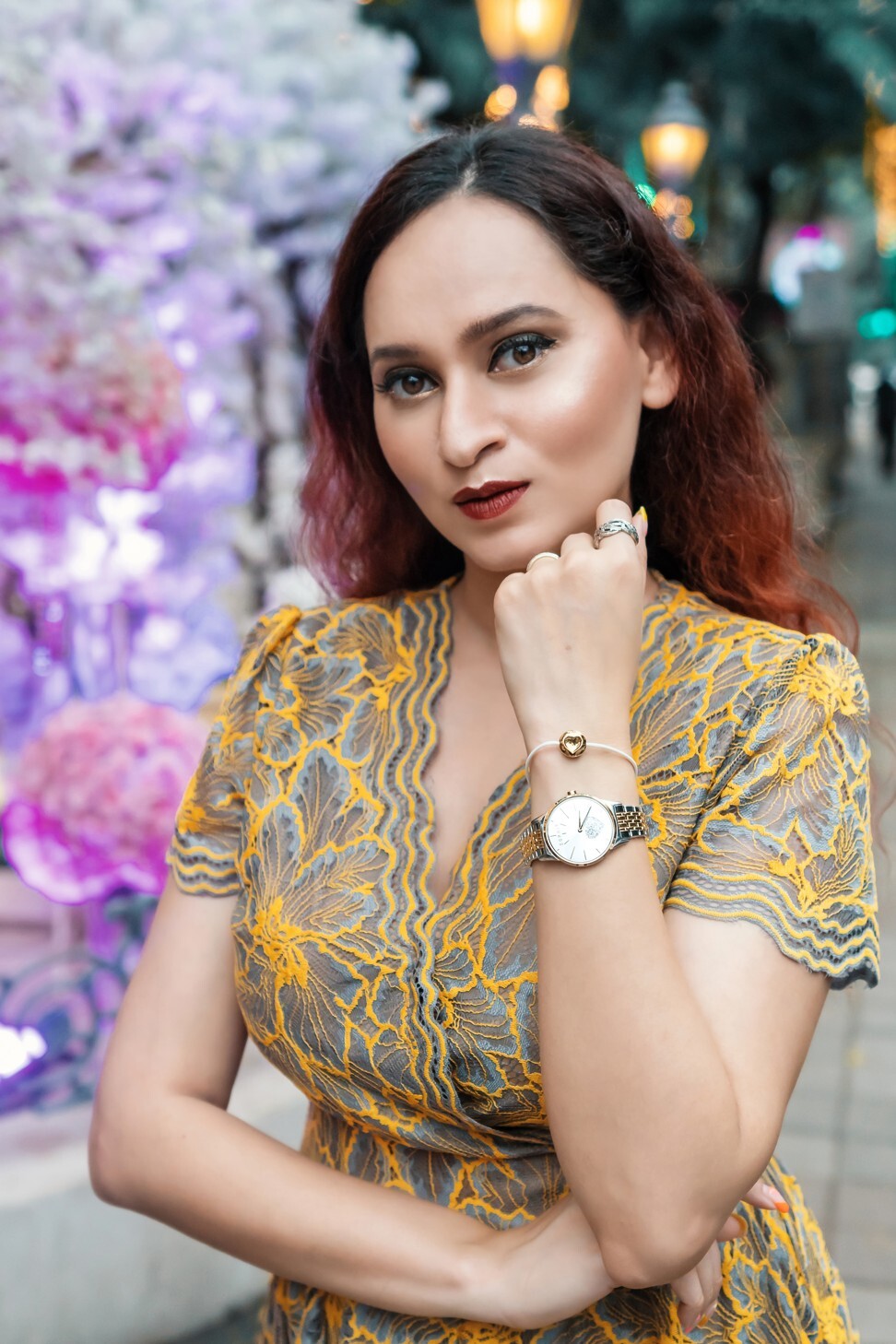
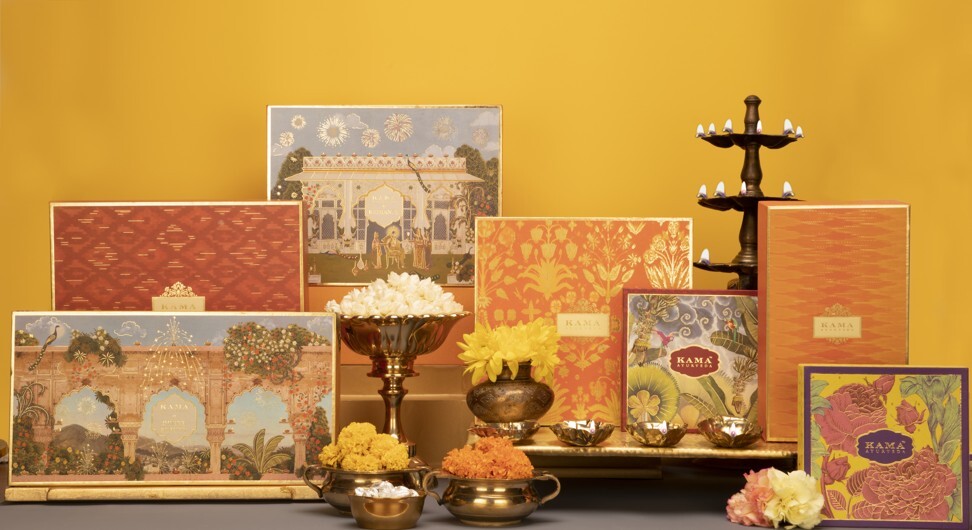
Korean beauty products, too, are making their presence felt in India. The appeal of K-beauty, which often uses ingredients such as green tea and volcanic clay, to Indian consumers lies in its high-quality products that tend to be sold at affordable prices.
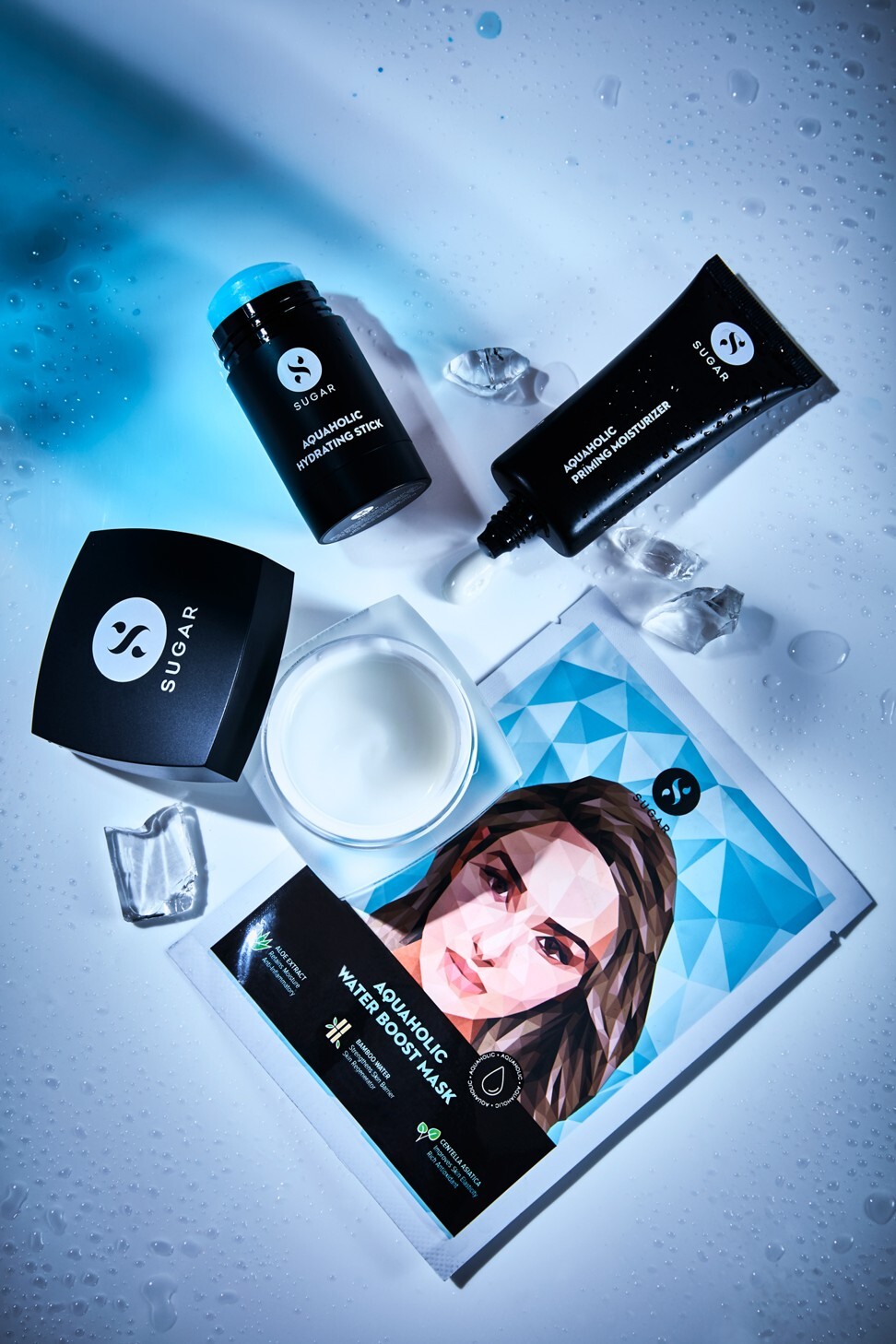
New Delhi-based Forest Essentials has been shipping its cosmetics to more than 120 countries, and is now considered one of India’s top names in luxury skincare. Founder Mira Kulkarni established the company in 2000 with a few handmade soaps that were initially given to friends and relatives. Today, it has an expensive range of creams and lotions made from natural ingredients, including roses from Kannauj and sandalwood from Mysuru.
A cult brand among Indian millennials is Sugar Cosmetics, which was started by Vineeta Singh at the age of 23 in 2015. Singh, who runs the company with her husband, focuses on Indian skin tones and has products for lips, eyes, nails and skin for all sorts of weather. The company is best known for its range of lipsticks with names such as “Matte as Hell” and “Seal the Show”. It started as an online brand but now has stores across India and exports to the US and Russia.
Singh says that thanks to the internet, “there is a massive audience in small towns waiting to consume new beauty brands”.
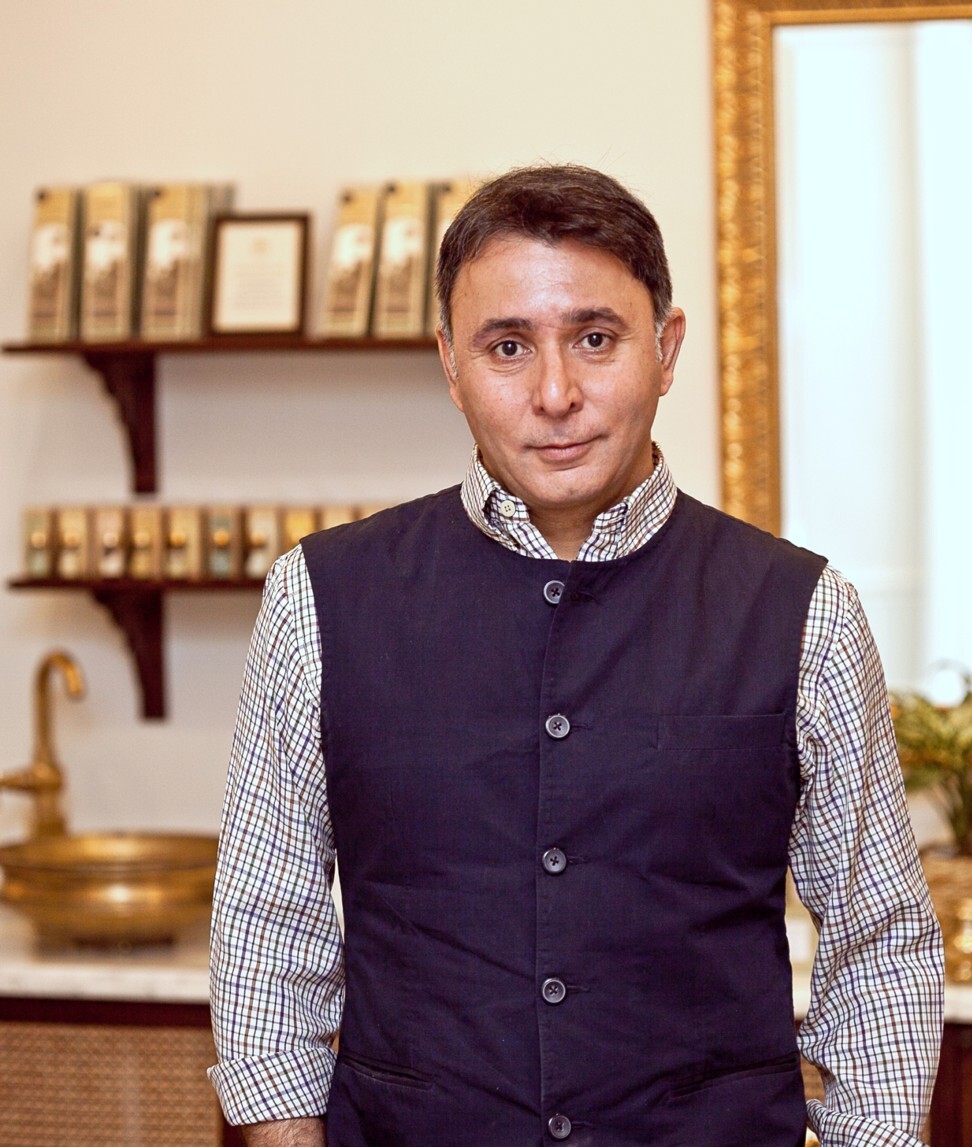
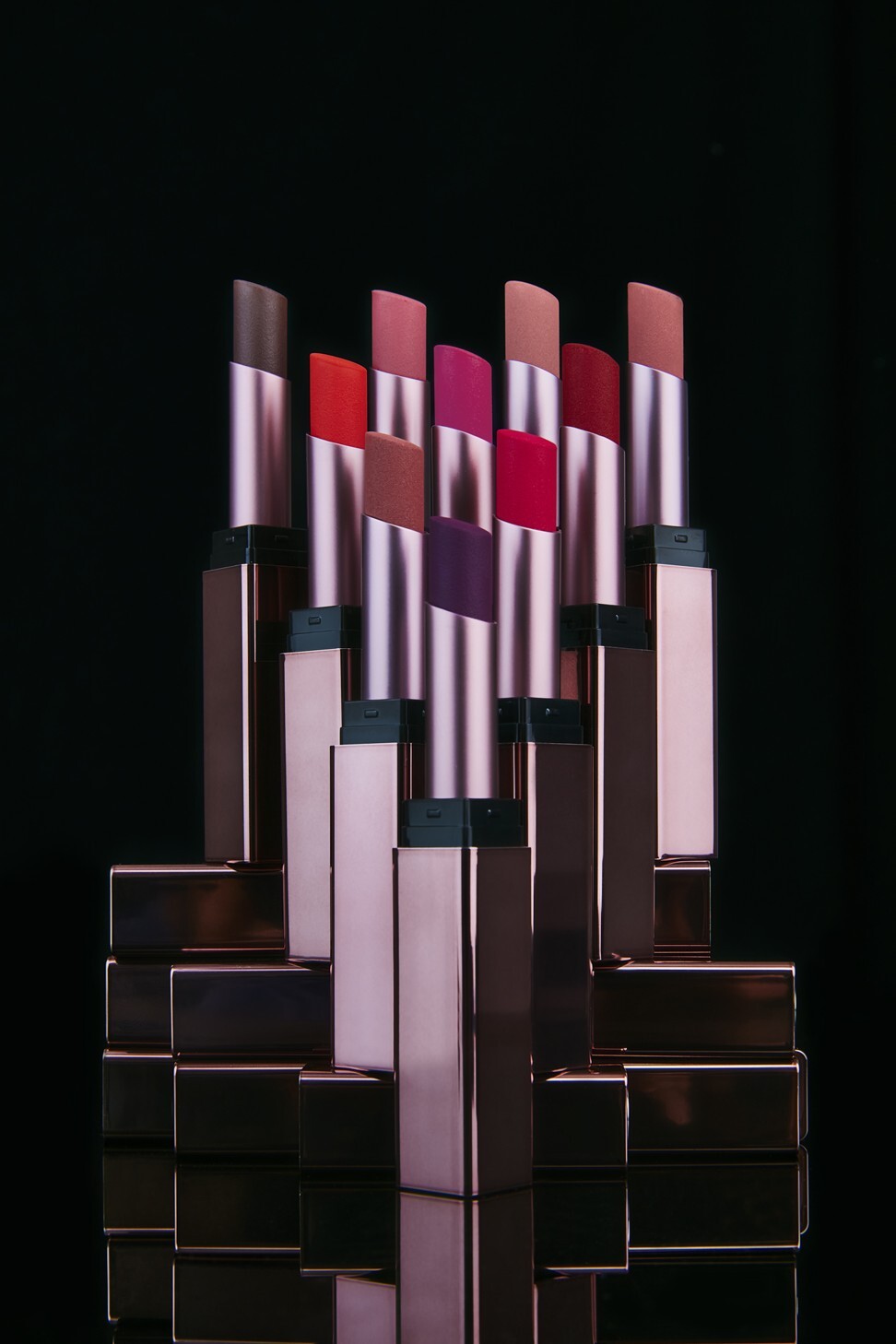
“2020 has changed the world, and its impact will be seen in beauty too. I believe adaptation and innovation here is the key to sustenance and growth,” says Lotus Herbals’ Passi.
Former Femina editor Pavitran says: “This global pandemic has forced most of us to pause and rethink some of our living choices. Customers’ focus is shifting towards responsible consumption, ethical and eco-conscious living. The brands will have to keep up and do better.”

